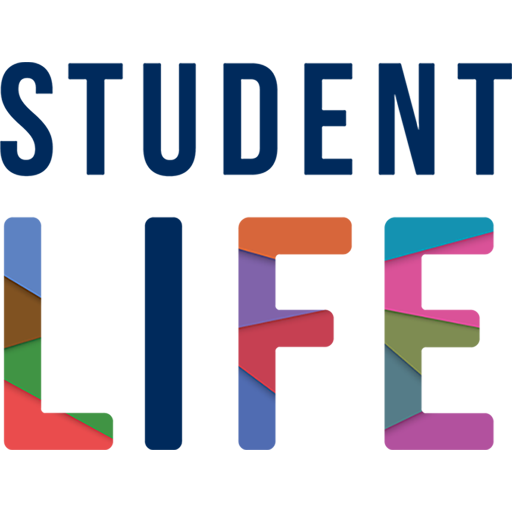With a commitment to continuous learning and innovation, Student Life’s units have engaged in professional development in myriad ways over the course of 2022-23.
Academic Success’ professional development initiatives leveraged both in-house and external expertise, aligning with a carefully crafted plan to ensure meaningful and continuous growth. The efforts encompassed a diverse range of activities and engagements, including three shared reading discussions on impactful topics (Land as Pedagogy, Deep Study, Coaching Models), provided a platform for collective exploration and reflection, Indigenous Talking Circles, regular case conversations, participation in conferences (e.g. CACUSS and LSAC), and engaging in PD Chats about instructional design and changes to practice.
As part of their ongoing training and development, 25 Accessibility Advisors from Accessibility Services attended a three-day training session facilitated by the Association on Higher Education and Disability (AHEAD).
These online sessions supported the advisors’ knowledge and considerations when working with accommodations in a post-secondary environment. Specifically aimed at advisors in their first three years of higher education work the sessions aimed to fill in the gaps in knowledge with a review of foundational concepts through a cohort/mentoring model, including an ongoing mentor for the year following the sessions.
The Advisors who participated in this training also take part in ongoing dialogue within the office on key takeaways, applications, and conversations about their work as an Advisor.
Institutional advocacy was one of the ways that the Office of the Chief Administrative Officer (OCAO) approached their professional development in 2022-23. The OCAO took a proactive stance, submitting 36 institutional-level recommendations to the Business Office Influence Council (BOIC) tri-campus committee on behalf of Student Life. These recommendations focused on enhancing centralized services such as PSEC, FAST, and EASI. In addition, 20 recommendations were submitted for consideration in the development of a new institutional HRIS solution, addressing issues related to reports, processes and policies.
Members of the OCAO actively participated in various institutional committees—Working Group on Information Risk, Compliance Metrics and Reporting, Ransomware Advisory Group and CAO/PSEC Advisory Group—underscoring a commitment to broader institutional goals.
The Centre for Community Partnerships (CCP) spearheaded staff development programming that included Microsoft Teams channels for Educational Developers and Placement Coordinators. These channels served as hubs for information sharing, questions and just-in-time support, fostering collaboration among 109 members in the general channel, 17 members in the Educational Developers’ channel, and 33 members in the Placement Coordinators’ channel.
Career Exploration & Education and Accessibility Services collaborated with Viability, a neurodiverse, youth-led organization. Through workshops, staff explored supporting neurodiverse students, strengthening professional allyship and understanding career paths through the Guiding Circles approach.
Student Engagement and the Multi-Faith Centre saw all staff members complete three Indigenous learning opportunities through the Centre for Learning, Leadership & Culture (LLC) facilitated by John Croutch.
The International Student Experience and Global Fluency team conducted a survey to reflect on individual experiences and team dynamics. The feedback identified key areas of focus, leading to ongoing initiatives for team building, feedback mechanisms and growth opportunities which they began to engage with this year.
The Student Life Communications team has been extensively trained in AODA and accessible communications and continues to apply these learnings on every level – from reinforcing best practices in accessible communications to attending trainings on EDI in communications.
Health & Wellness prioritized team well-being with biweekly meetups, informal lunches, and in-person professional development sessions. Sessions included trauma training, working with students with Autism Spectrum Disorder (ASD), the diagnosis and assessment of ASD, cultural humility training, addressing trauma in single-session counselling, and enhancement of “One at a Time Counselling” skills training.
The field of IT is continually changing, and the Student Life Information Technology team attended many training programs including Foundational Security Awareness and ITIL4 certification which strengthened the team’s capabilities. They also attended virtual conferences such as CANHEIT and NACCU.
Looking forward, Student Life is hoping to create more efficient ways of tracking the professional development activities completed, and the impact these initiatives have on students throughout the university.

